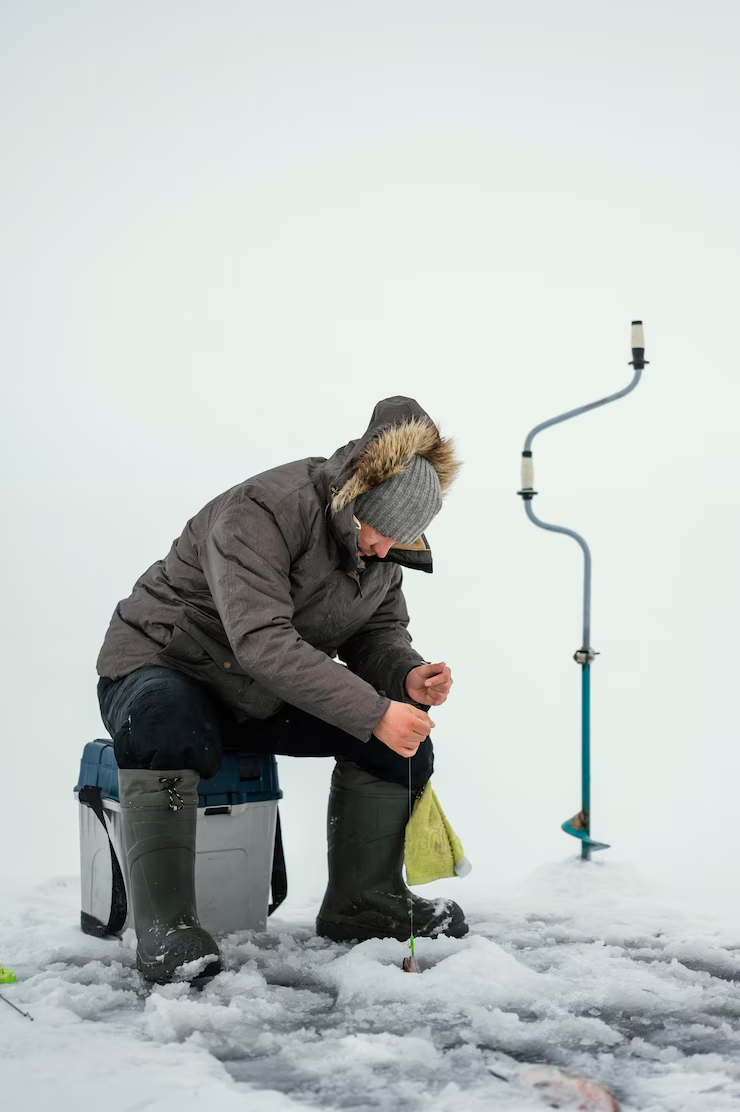Filing an insurance claim can be overwhelming, especially when dealing with the aftermath of property damage or a significant loss. Policy language is often complex, deadlines are strict, and insurance companies have their adjusters whose assessments might not fully reflect the scope of your damage. That’s where public adjusters come in. They work on your behalf to manage the claim, document losses, and negotiate a fair settlement. However, not every public adjuster is a good fit for your situation. We will explore how to carefully evaluate and choose the right public adjuster to support your claim without adding confusion or unnecessary complications.
Key Factors to Consider When Selecting a Public Adjuster
- Verify Licensing and Credentials in Your State
The first step in evaluating a public adjuster is ensuring they are legally permitted to operate in your state. For example, if you’re working with a public adjuster in New Jersey, it’s essential to confirm they hold a valid license issued by the state. Every state that allows public adjusting services requires these professionals to be licensed. This license ensures they’ve met specific requirements such as passing an exam, undergoing background checks, and maintaining continuing education. A quick verification with your state’s Department of Insurance website can confirm their current standing. Licensing ensures legal compliance and reflects a baseline understanding of insurance claim processes.
You should also look for indications of professional development, such as attending claim seminars or staying updated on current insurance laws and practices. A valid license should be non-negotiable in your selection criteria. Never be afraid to ask for proof of licensure before signing documents or engaging in detailed discussions about your claim.
- Understand Their Experience with Your Type of Claim
Public adjusters often have experience handling various claims, including fire, flood, wind damage, or theft. While you don’t need someone who only handles one type of claim, it helps to find someone familiar with your specific situation. For example, if your property suffered water damage, a public adjuster who has frequently handled water-related claims will better understand how to document mold remediation costs, structural damage, and the scope of necessary repairs. Experience also translates into a better grasp of typical insurance company tactics and how to effectively counter lowball offers or denied items. During your initial meeting, ask about similar claims they’ve handled recently, their challenges, and how they were resolved. Their answers can reveal their knowledge and their approach to communication, problem-solving, and advocacy.
- Assess Communication Style and Availability
Claims are time-sensitive and often emotional, so strong communication is essential. A good public adjuster should be able to explain the claim process in clear terms and answer your questions without rushing or deflecting. Pay attention to how promptly they respond to calls or emails and whether they inform you of developments. An adjuster who takes the time to explain the scope of work, potential timelines, and anticipated hurdles demonstrates a commitment to transparency. In contrast, delayed responses or vague updates could signal future frustrations. You want someone who sees your case as a priority and is readily available for updates, walkthroughs, and negotiations. Clear, respectful communication also fosters trust, which is necessary when dealing with insurance matters that impact your finances and property.
- Request References and Review Their Reputation
Any public adjuster should have past clients willing to vouch for their performance. Request at least two or three references and follow up with those individuals. Ask specific questions about how the adjuster handled documentation, whether they were responsive throughout the process, and if the settlement outcome met expectations. In addition to references, review their online presence. This includes checking for complaints filed with the Better Business Bureau, reading reviews on consumer platforms, and searching for any disciplinary actions through regulatory bodies. A consistent pattern of unresolved issues or poor ratings should be a red flag. On the other hand, positive feedback can provide reassurance that you’re working with someone who’s managed to deliver fair outcomes and maintain a solid reputation over time. While no one is perfect, a clear trend in customer satisfaction speaks volumes.
- Clarify the Fee Structure and Contract Terms
Public adjusters typically work on a contingency fee basis, meaning they take a percentage of your final settlement. However, not all fee structures are the same. Some adjusters may charge more based on claim complexity, while others might have caps or sliding scales. Before signing anything, ask them to explain the fee terms clearly and provide them in writing. Be wary of anyone who is evasive about fees or pressures you into signing quickly. The contract should also outline services offered, your rights to cancel, and any exclusions in detail. Don’t hesitate to consult a legal advisor if you find the terms confusing. A good public adjuster won’t rush you into a decision and will welcome questions about payment and responsibilities. Transparency about compensation ensures there are no surprises later, especially during negotiations or after the claim is settled.
Choosing the right public adjuster isn’t just about who gets you a bigger check; it’s about trust, clarity, and having someone in your corner during a complex process. From licensing and experience to communication style and fee structure, every detail matters when your property and peace of mind are at stake. With the right person handling the details, you gain better outcomes and much-needed relief during a stressful time. Always take your time, ask questions, and ensure your adjuster is aligned with your goals before proceeding.











